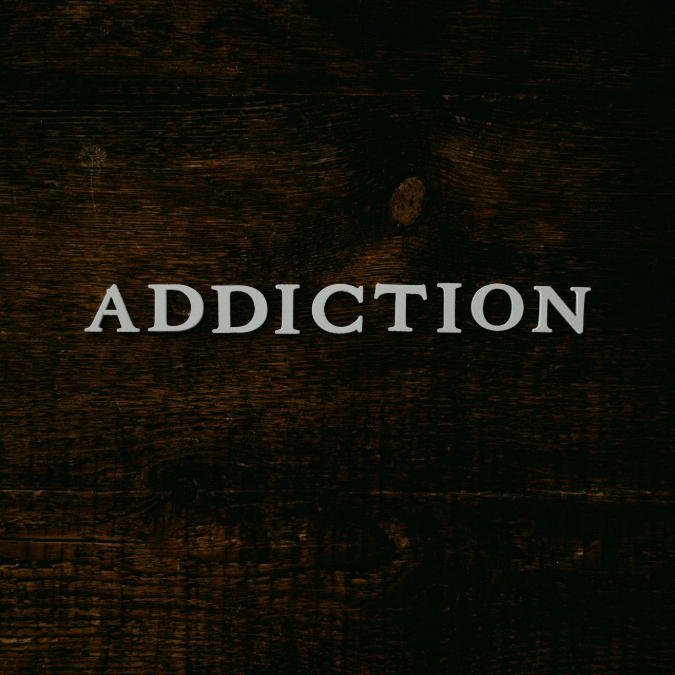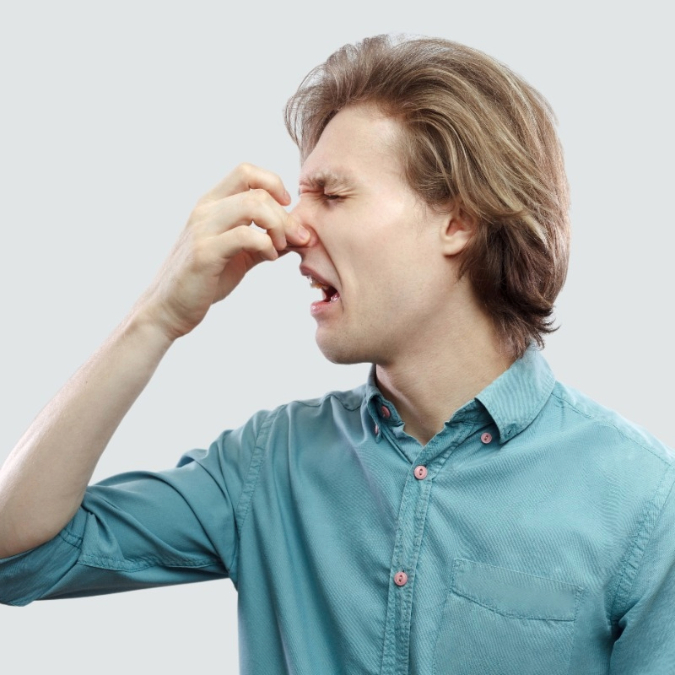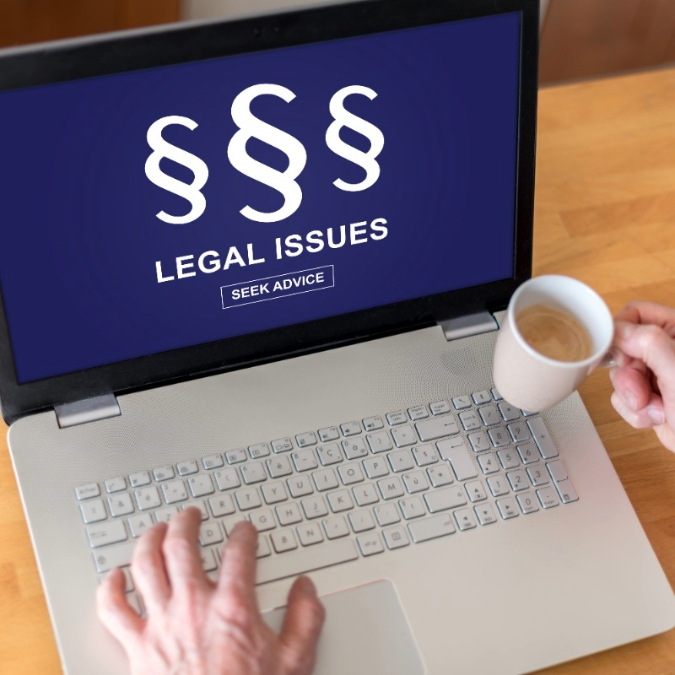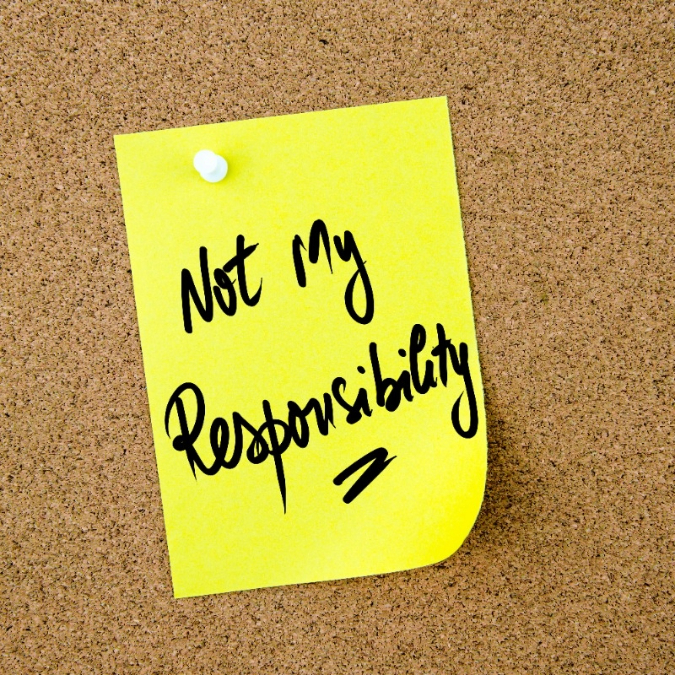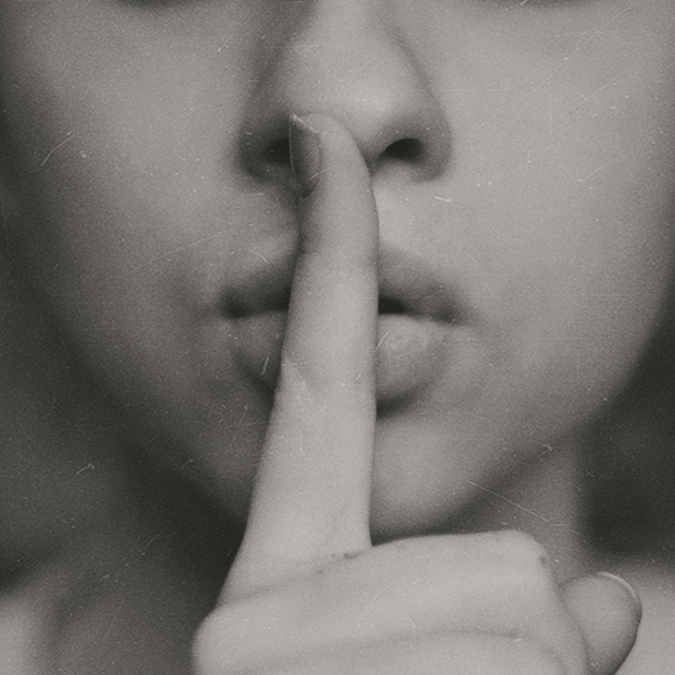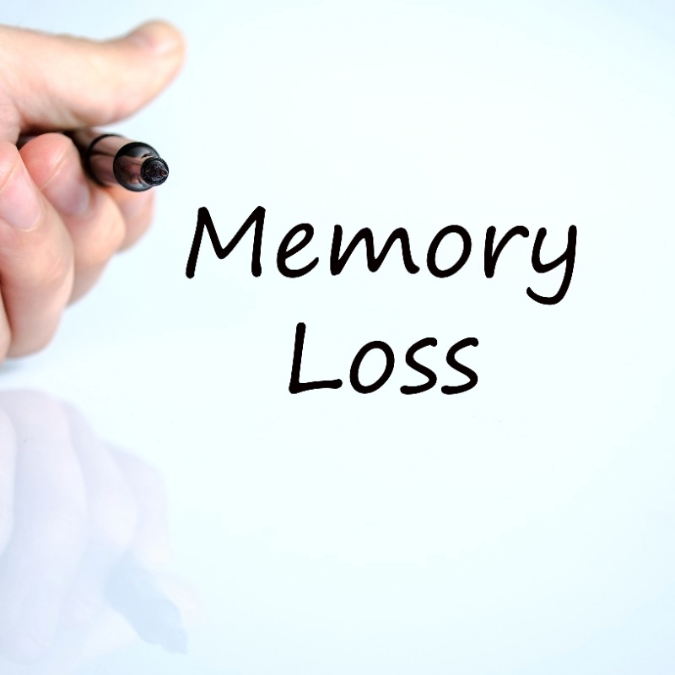Early intervention through support groups or an Ibogaine clinic mexico, for example, can help minimize the negative consequences of substance use disorder, such as physical and mental health deterioration and legal troubles. However, it can be hard to recognize the signs that your adult child may be suffering from addiction. Here are 15 indicators that they might be experimenting with drugs so you can assess the situation and figure out how to help.
1. Sudden Changes In Behavior
If your adult child experiences abrupt mood swings, exhibits erratic behavior, or becomes unusually secretive, it could be a red flag for drug addiction. Pay attention to drastic shifts in their personality, such as increased irritability, hostility, or anxiety.
2. Changes In Physical Appearance
Keep an eye out for noticeable changes in your adult child’s physical appearance, such as sudden weight loss, neglect of personal hygiene, or a decline in overall grooming habits. These changes may be linked to drug addiction as substance abuse can often lead to neglect of one’s physical well-being.
3. Financial Problems
Be wary of unexplained financial problems or instances where your adult child frequently borrows money without a clear explanation. If they have a drug habit, they may resort to stealing money or valuable items from family members or selling personal belongings to fund their addiction.
4. Social Isolation
If your adult child starts to withdraw from family gatherings, avoids spending time with friends, or becomes secretive about their social activities, it could be a sign that they’re struggling with drug addiction. They may isolate themselves to hide substance abuse, or because drug use has caused strain in their relationships.
5. Finding Drug Paraphernalia
If you see drug paraphernalia when visiting your child’s home, it’s a strong indication they’re using substances. Watch out for equipment that could be used to consume substances such as vapes and rolling papers.
When you confront your child, they may try to tell you the equipment belongs to someone else, like a roommate or friend. But finding drug paraphernalia is still a concerning sign despite denials, especially when paired with other indicators.
6. Changes In Sleep And Energy Levels
Abusing substances can prevent those struggling with addiction from getting a good night’s rest according to WebMD. Symptoms like insomnia, daytime sleepiness, and general lethargy have many possible causes. But it’s concerning if you notice significant changes in your child’s sleep patterns and energy levels, such as excessive drowsiness or euphoria, alongside the other signs on this list.
7. Unusual Smells
Certain drugs have distinct smells that can linger on clothing or in living spaces. Take note of any strange odors on your child’s breath, clothing, or belongings, such as the smell of chemicals. Keep in mind that they may attempt to cover up these strong scents with perfumes, candles, and air fresheners.
8. Legal Issues
Legal issues stemming from substance abuse can have serious consequences. It’s a major cause for concern if your child gets arrested for drug-related offenses such as possession or driving under the influence. This indicates that they have a significant problem with drugs that requires immediate treatment and intervention.
9. Neglecting Responsibilities
Drugs can sap motivation and increase forgetfulness, causing people suffering from addiction to neglect their responsibilities. Take notice if your child is having new struggles with paying bills, caring for dependents, maintaining household chores, and fulfilling adult obligations.
10. Loss Of Interest In Favorite Activities
Drug addiction can also cause sufferers to lose interest in their favorite activities. They may stop participating in cherished hobbies and recreational pursuits to devote more time to their addiction.
11. New Friend Group
As old friends fall away, people struggling with addiction may find new circles of friends who also abuse substances. They might start hanging out in new places as well in order to obtain and use their drug of choice. If your child goes out at all hours with people you don’t recognize, it could be a bad sign.
12. Secretive Behavior
If your child is hiding an addiction, they may adopt secretive, sneaky behavior. You might have trouble getting an honest answer from them about where they’ve been or what they’ve been up to. They’ll likely withdraw, spending more time in their room or out and about in places where they can use. They’ll demand greater privacy and might become territorial about their room and space so others don’t find their stash of substances.
13. Memory Loss
Substance abuse can cause lapses in memory and make it difficult to concentrate and retain new information. If your loved one seems spacey and has trouble remembering your conversations, something could be amiss.
14. Risky Behaviors
People struggling with addiction may engage in risky behaviors such as stealing, driving erratically, and getting in fights. They may put themselves in unsafe situations and relationships in order to gain access to their drug of choice.
15. Problems At Work
Problems at work are another indicator that someone could be abusing substances. Missing work, showing up late, and performing poorly could be signs that drugs are affecting their work ethic and cognitive ability.
Help Is Available
It can be difficult to communicate with an adult child who you suspect may have substance use disorder. Although you don’t want to overstep, you care about your loved one and know the importance of early intervention. Luckily online resources and groups like Al-Anon can help you navigate this challenging situation.
Read More
14 Reasons Gen X Are Kicking Their Kids Out of Their Homes
12 Indications That A Family Member May Be Stealing Your Money

Vicky Monroe is a freelance personal finance and lifestyle writer. When she’s not busy writing about her favorite money saving hacks or tinkering with her budget spreadsheets, she likes to travel, garden, and cook healthy vegetarian meals.





